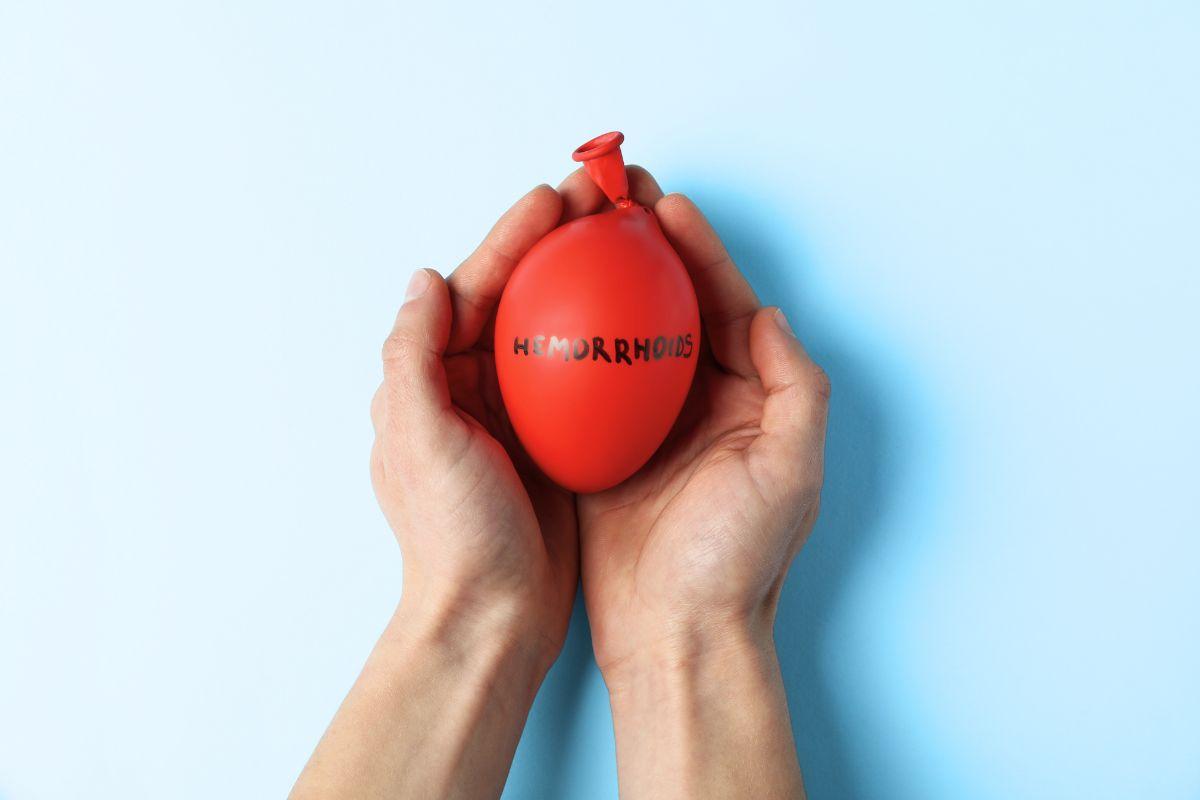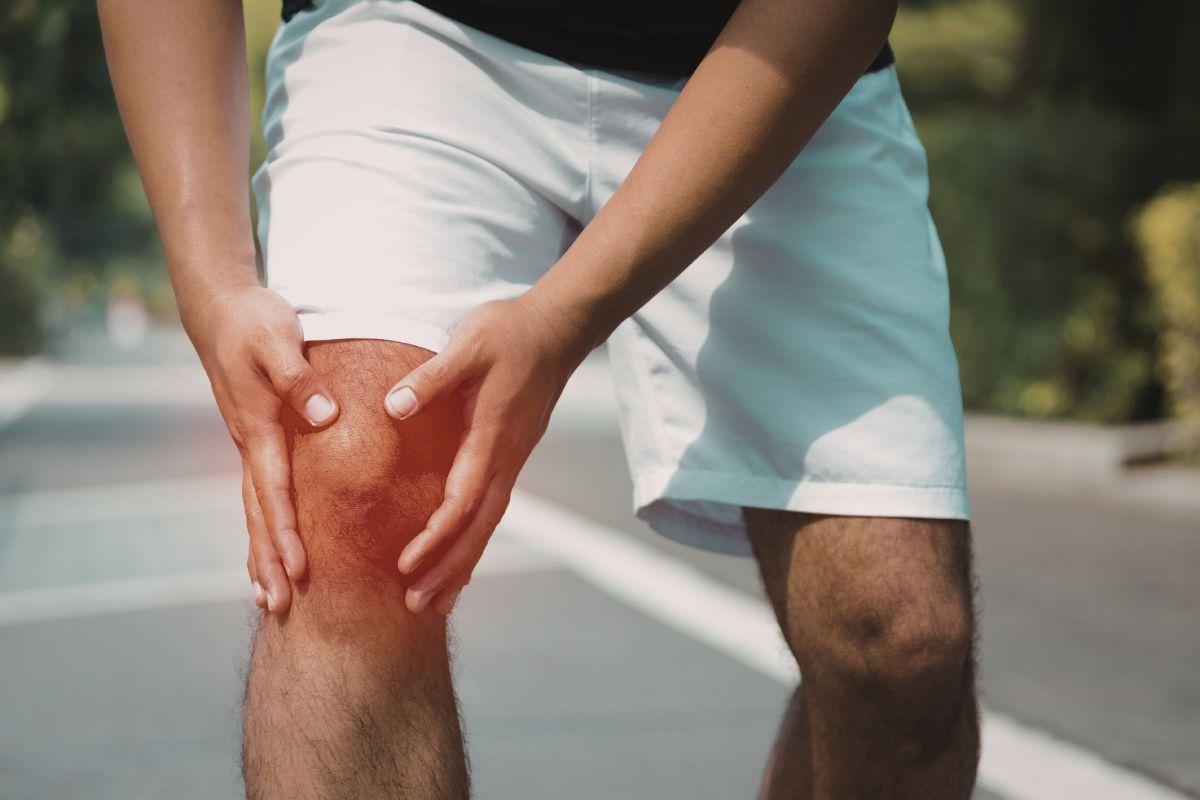Symptoms like rectal bleeding or discomfort can be worrying but are often caused by haemorrhoids (commonly known as piles). Fortunately, they’re common, manageable, and usually not serious. Doctify connects patients with experienced general surgeons and GPs who can diagnose and treat haemorrhoids safely.
What are haemorrhoids (Piles)?
Hemorrhoids (or piles) are swellings in or around the anus or rectum, which swollen blood vessels. Everyone is born with haemorrhoidal vessels and they don’t cause a problem in the majority of people but over time these haemorrhoidal vessels can become larger, more swollen, and problematic in some people. There are two types: internal haemorrhoids or inside the rectum, usually painless but may cause bleeding, and external haemorrhoids or under the skin around the anus, can be painful or itchy.
There are certain things that may put you at risk of problems related to haemorrhoids, for example: pregnancy, a job involved with a lot of manual labor and heavy lifting, a chronic condition related to the bowel, chronic constipation, frequent diarrhea, and spending a long period of time on the toilet.
Dr. Rhodri Codd
Common Signs and Symptoms
The signs and symptoms can vary between one patient and other, but among the most common are:
- Rectal bleeding, bright red blood on toilet paper or in the bowl.
- Anal itching or irritation, caused by leakage or inflammation.
- Pain or discomfort, especially during or after passing stools.
- Lump or swelling around the anus, can feel tender or sore.
How is it Diagnosed?
The diagnosis is made by a GP or a general surgeon with the collection of the patient’s signs and symptoms, and the examination of the anal area. This involves observing at the anal verge and canal, performing a finger examination, and may need to place a small probe into the anal canal, called protoscope or sigmoidoscope, to better assess the grading of the haemorrhoid.
What’s Normal and What’s Concerning
Mild itching or occasional bleeding after straining may indicate minor haemorrhoids. Mild haemorrhoids often settle with self-care and don’t always need medical treatment. Nevertheless, to rule out other conditions seek medical advice if: bleeding is heavy or frequent, you notice a large lump or severe pain, and/or there are changes in bowel habits or unexplained weight loss.
Self-Care and Home Relief
Below are some self-care tips that can help you feel relief at home:
- Diet: increase fibre and fluids to soften stools and reduce straining.
- Hygiene: gently clean with warm water; avoid harsh soaps.
- Topical treatments: over-the-counter creams, suppositories, or cold compresses can relieve swelling and itching.
- Lifestyle tips: avoid sitting too long and exercise regularly to improve circulation.
Medical Treatments for Haemorrhoids
Sometimes, home care isn’t enough, in those situations doctors may suggest any of the following medical treatments for haemorrhoids:
- Rubber band ligation – cuts off blood flow to the haemorrhoid.
- Sclerotherapy – injection to shrink it.
- Infrared coagulation – heat-based treatment for small haemorrhoids.
- Haemorrhoidectomy or stapled haemorrhoidopexy – surgery for severe or persistent cases.
Most procedures are quick, effective, and performed by a general surgeon and under local or short general anaesthesia.
When to See a GP or Specialist
Please contact a GP or specialist if you evidence any of the following:
- Persistent or painful symptoms that don’t improve after a week.
- Significant rectal bleeding or mucus discharge.
- Family history of bowel cancer or other gastrointestinal conditions.
GPs can refer you to a general surgeon for assessment and tailored treatment. Doctify offers easy access to trusted specialists for confidential, professional advice.
Preventing Haemorrhoids from Coming Back
In order to prevent haemorrhoids from coming back, the patient should maintain a high-fibre diet (fruit, vegetables, whole grains), drink plenty of water daily, avoid straining or sitting on the toilet for long periods, and last but not least, stay active and maintain a healthy weight.
Conclusion
Haemorrhoids can be uncomfortable and distressing, but you’re not alone! Haemorrhoids are common, treatable, and nothing to be embarrassed about. Each individual case can vary. Some patients require medical treatment, while others just require self-care at home. Recognising symptoms early and seeking the right care helps prevent complications. If you have rectal bleeding, anal itching or irritation, pain or discomfort, and/or lump or swelling around the anus, please consult a healthcare professional for a full personalised assessment. We invite you to contact your GP or find a qualified general surgeon via Doctify for accurate diagnosis and effective treatment options.
Find the right specialist for you. Doctify uses verified reviews so you can make the best decision for your healthcare.

Feel free to consult a general surgeon through Doctify for personalised advice whenever you want, we will be happy to help you! Find the best General surgeons in the United Kingdom or search for the best specialists globally:
- General surgeons in the United Arab Emirates
- General surgeons in Germany
- General surgeons in Austria
- General surgeons in Ireland
- General surgeons in Australia
Medically Reviewed
Last reviewed on 14/10/2025




